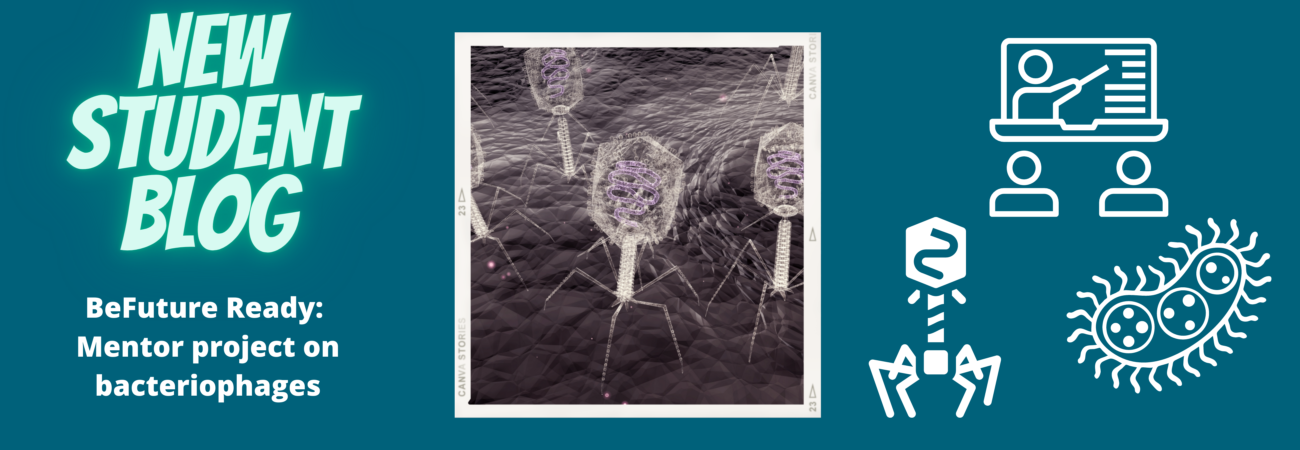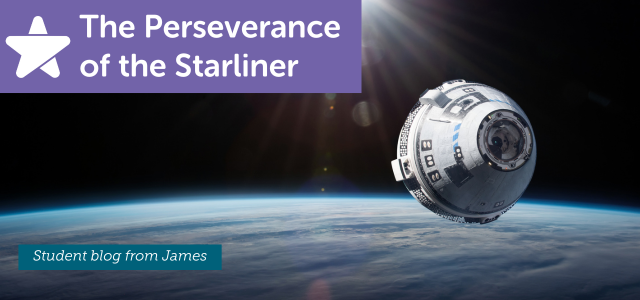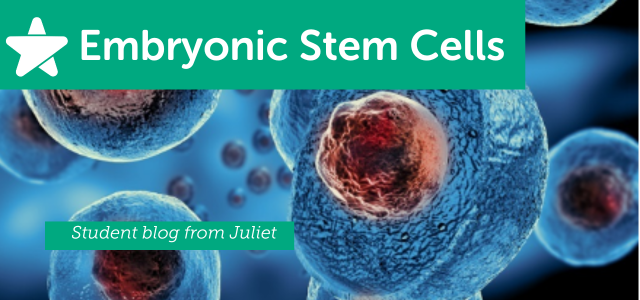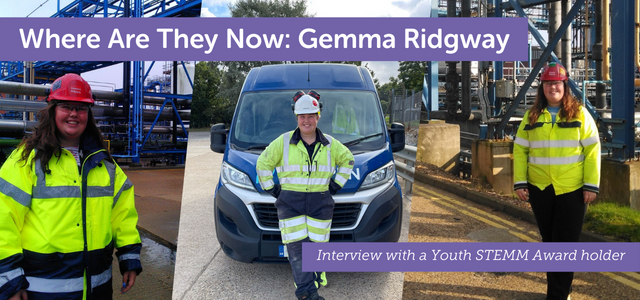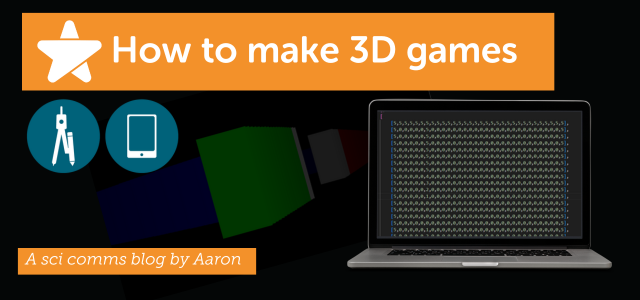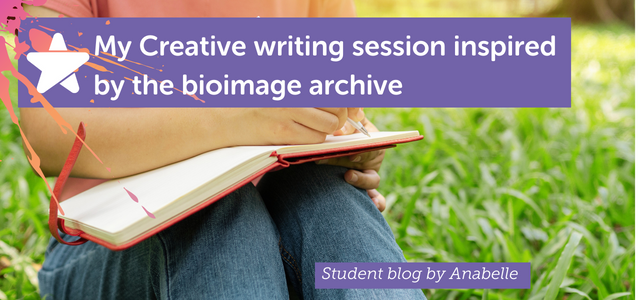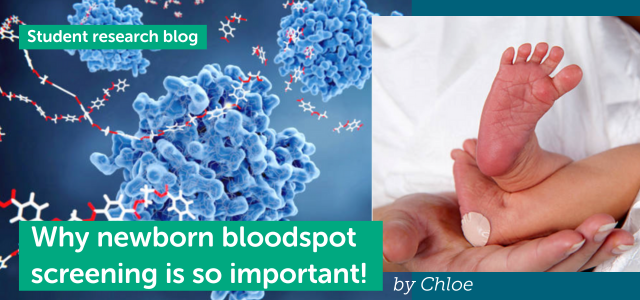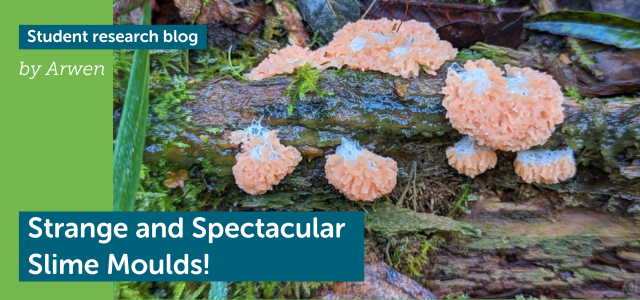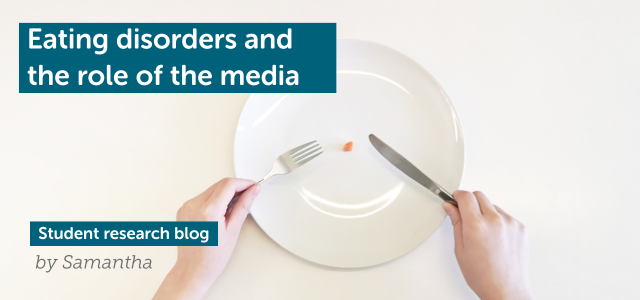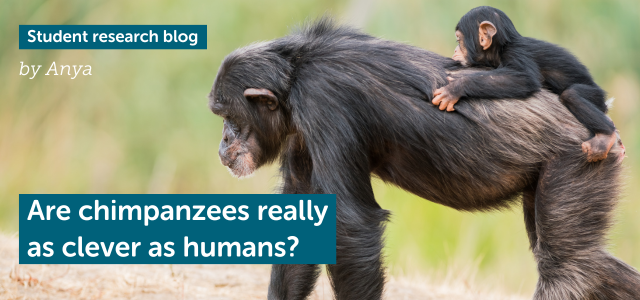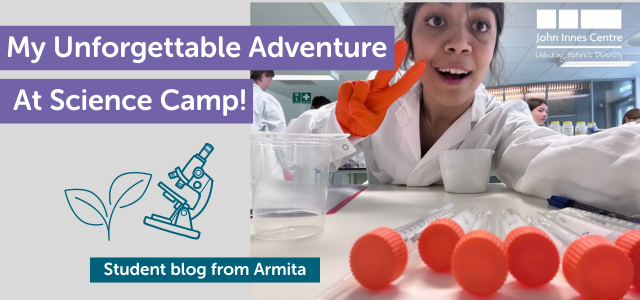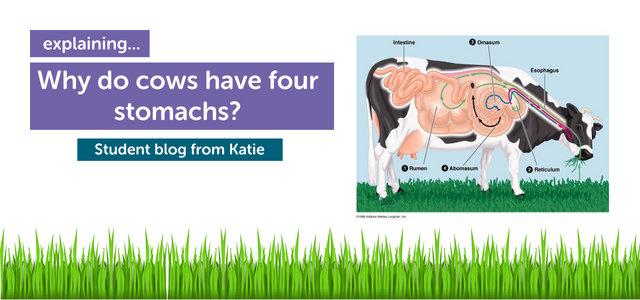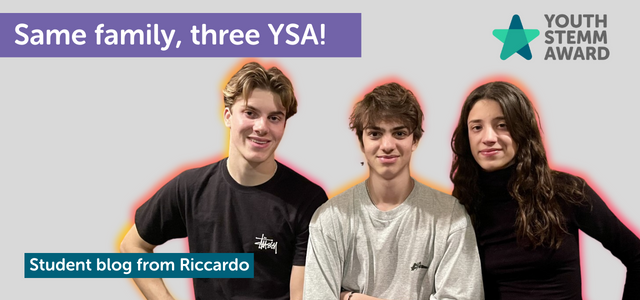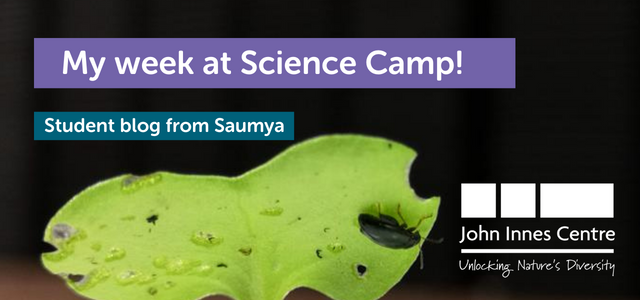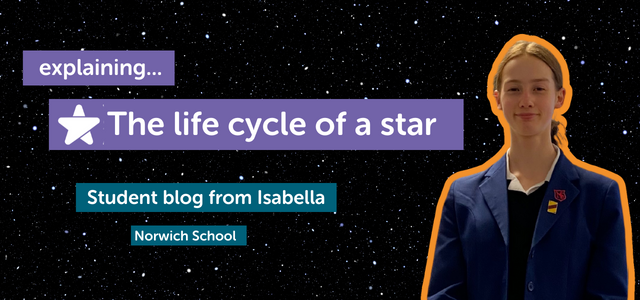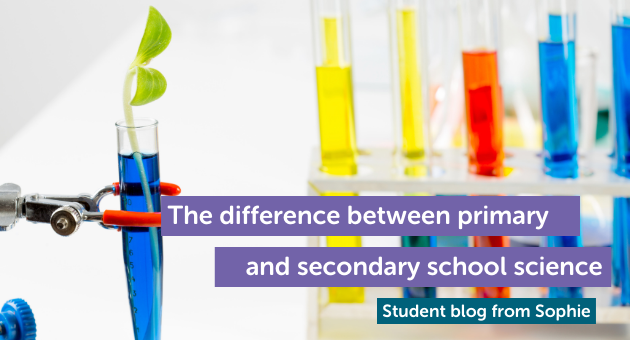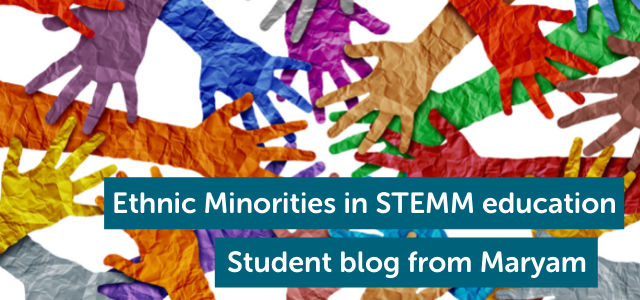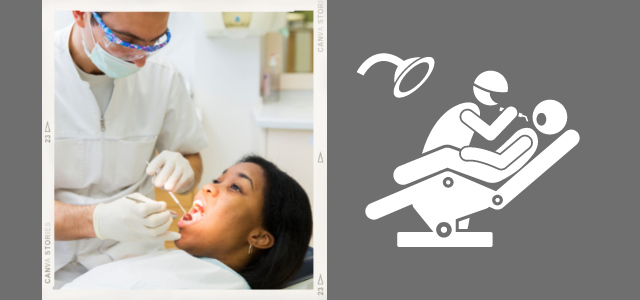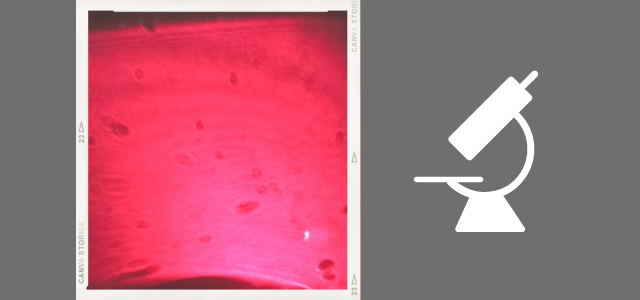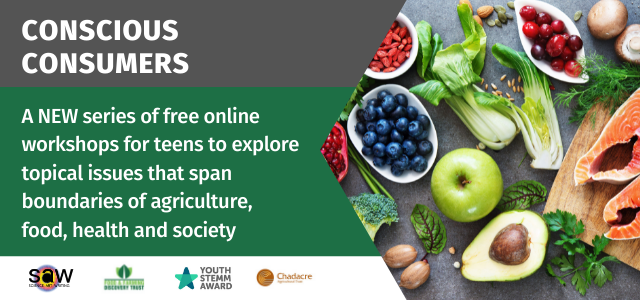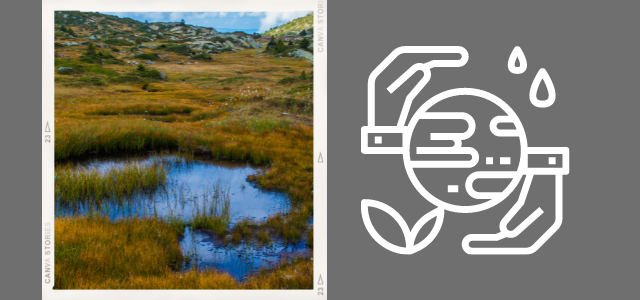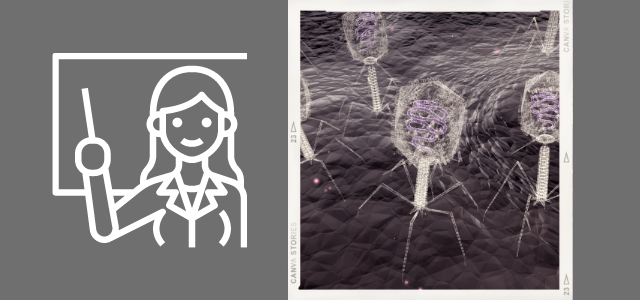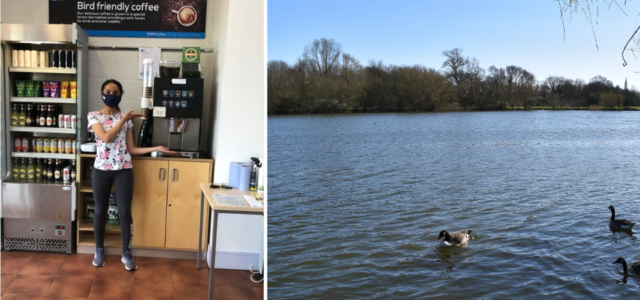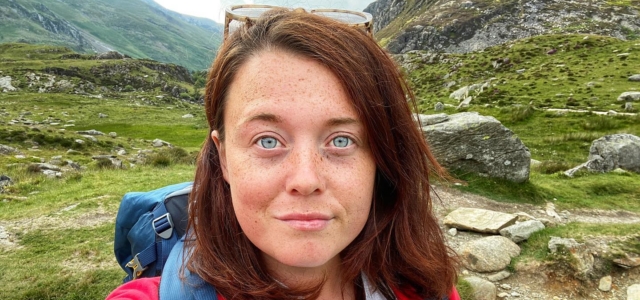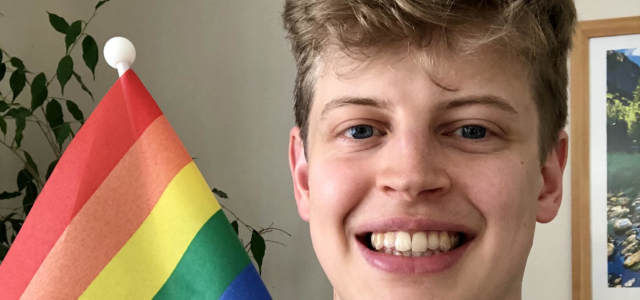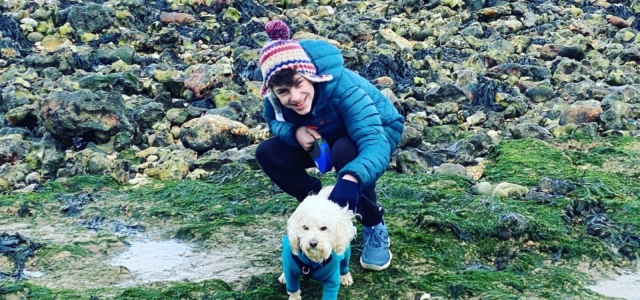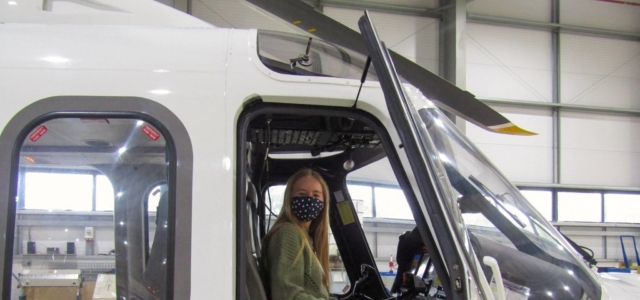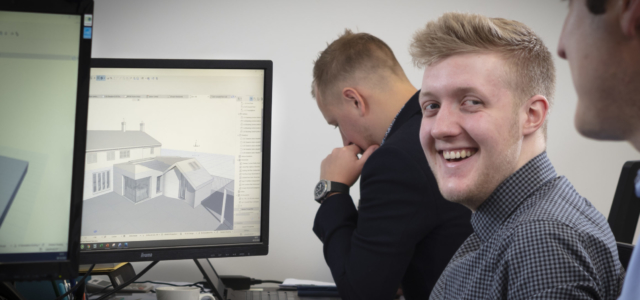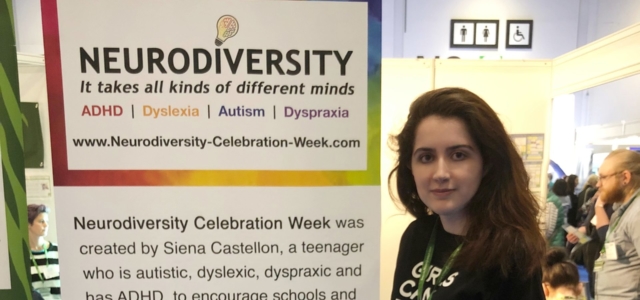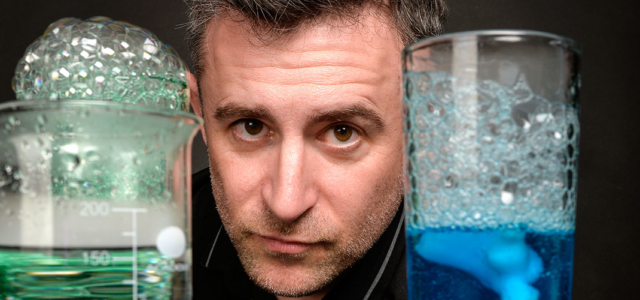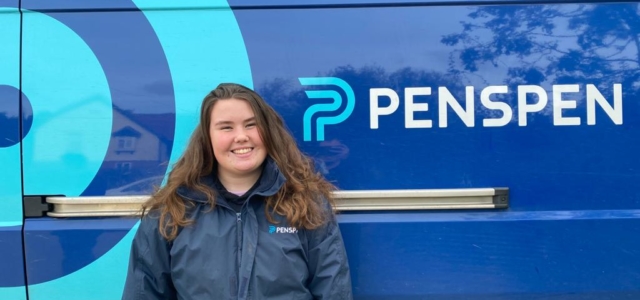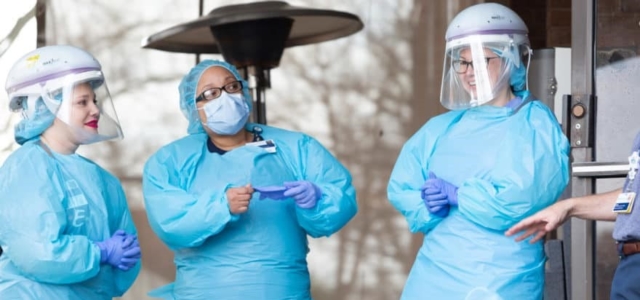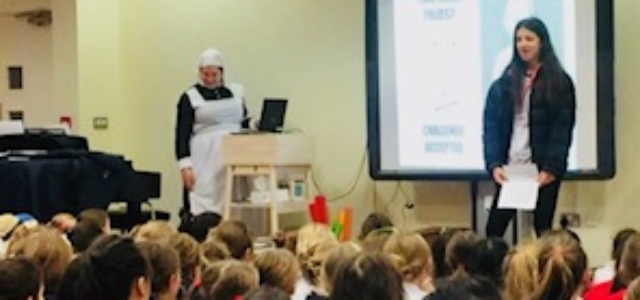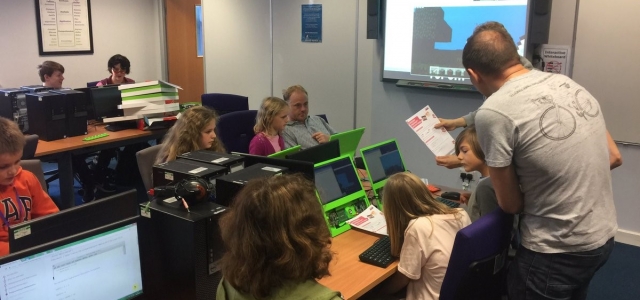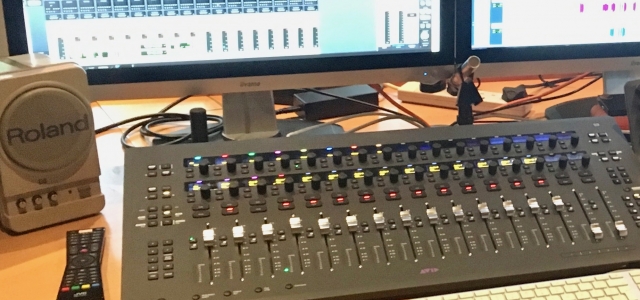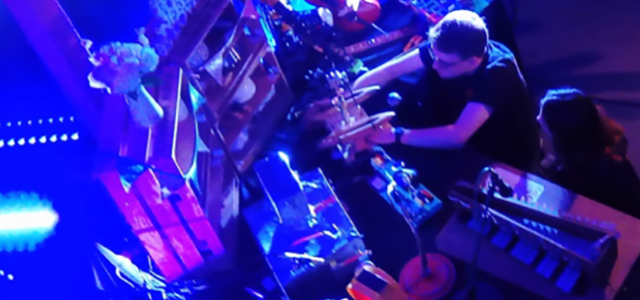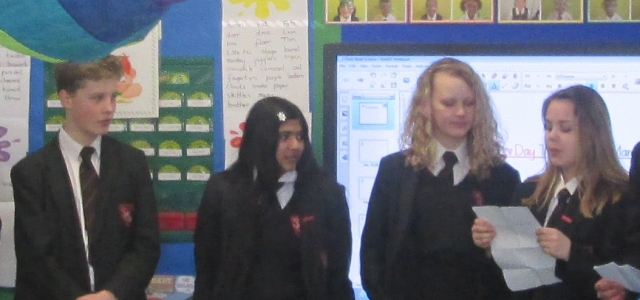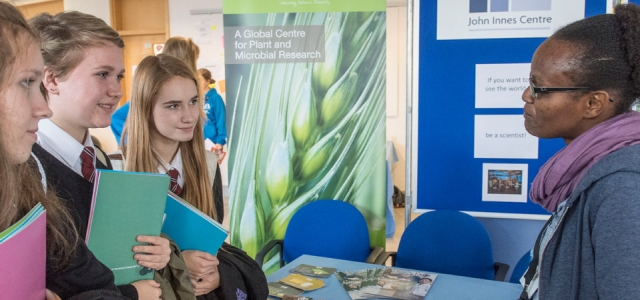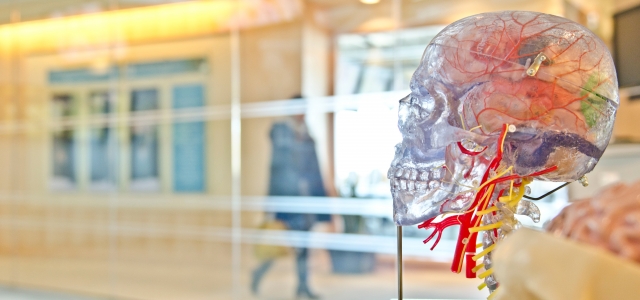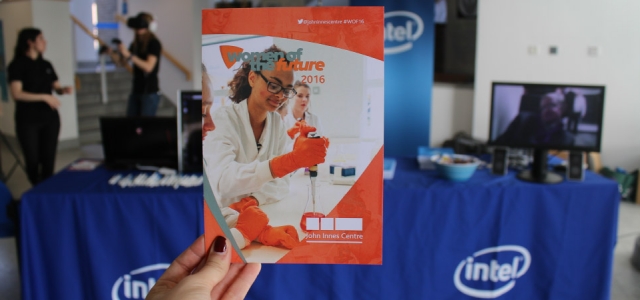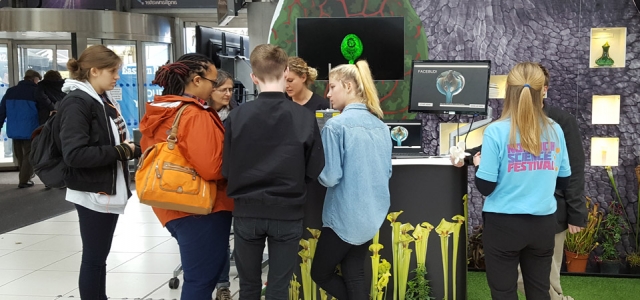Silver Award participant Evelyn tells us about their participation in the BeFuture Ready programme…
Any career requires experience. Finding experience which prepares you for dealing with the stress of working as a scientist at such a young age can be very difficult. However, the programme I took part in, the BeFuture Ready programme, gave me exactly that. In short, this is a programme based on Google classroom which sets you with work that you can complete in your own time and at your own pace. The tasks varied from some IT skills-based activities such as working on spreadsheets to delivering presentations.
My favourite task was carrying out my own research project, with the given advice and help, and teaching what I had learnt to family members. As someone who struggled with spontaneity, I was amazed with how easily I was able to teach the information I had learned without a script and how flexible I was in teaching depending on the person’s learning pace. By the end of the programme, I was shocked at how much I really did learn by completing this.
My mentoring project involved teaching my mum about bacteriophages. Previously, just before the start of the summer holidays, I took part in a life sciences virtual work experience with the University of Bristol. I was invited to a lecture on stopping the spread of Superbugs discussing various methods of preventing the reproduction of superbugs. The one that piqued my interest the most was using bacteriophages. Bacteriophages are viruses that specifically target bacteria only. Therefore, scientists have developed this evolutionary method by inserting bacteriophages in our body to kill these harmful bacteria. When carrying out an investigation into whether we will end up in a situation when evolution will allow resistance against bacteriophages, I found at that phage evolve at a quicker rate to prevent that situation from happening. But, even if they did, bacteria could not evolve against both bacteriophages and antibiotics so we could trap them into this situation and bring an end to the biggest problem faced by the NHS. Nothing is ever as easy as it sounds, so we will just have to wait and see what occurs as bacteriophages undergo their stage II clinical trials.
By completing this programme, I exercised my patience and perseverance skills when mentoring. Teaching someone else can be a very difficult job especially as not everyone learns in the same way as you. I also loved building on my IT skills. Despite having worked on excel sheets beforehand, there was a lot more to learn such as quick shortcuts on how to add to certain functions to a large number of cells.
What I have learned from this programme is that no matter how unbelievable an outreach programme may seem, sign yourself up because it will definitely be worth it! I know that I am now a lot more prepared for what a career as a research scientist holds for me. I have been able to gain transferrable skills which will help me at university, any career that I choose to go into and also my life in general.


